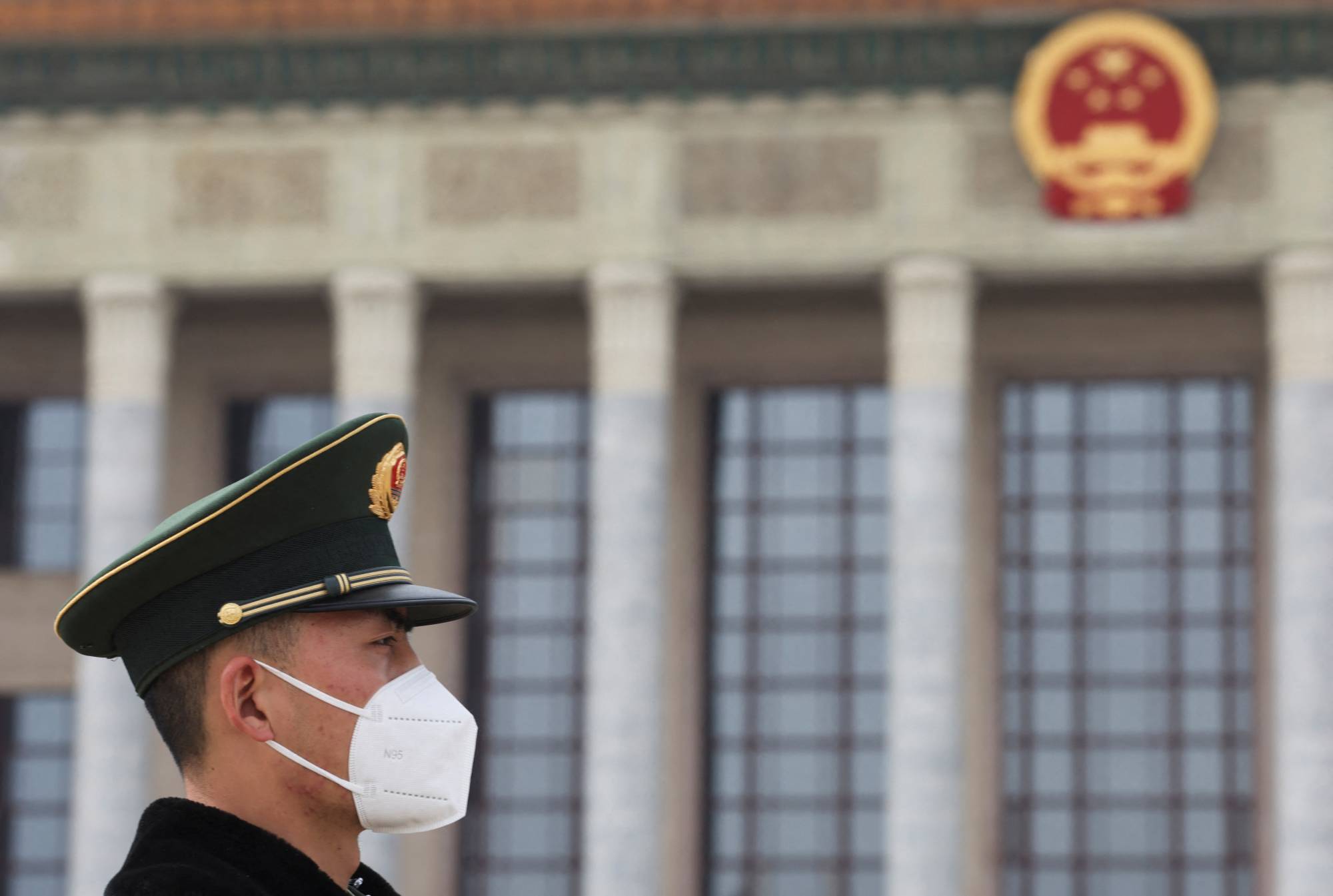In a further push for what it calls efforts to safeguard national security, China has recently pressed charges against a prominent Chinese journalist from a state-run newspaper as well as a Taiwanese political activist for allegedly inciting secession.
Dong Yuyu, a liberal-leaning journalist from the Guangming Daily, will face trial for espionage after being arrested in February 2022, according to his family’s statement, seen by media rights group the Committee to Protect Journalists (CPJ) on Monday.
The 61-year-old is a columnist and former deputy editor at the paper, one of China’s major state-run newspapers, and had been working there for more than 35 years.


















With your current subscription plan you can comment on stories. However, before writing your first comment, please create a display name in the Profile section of your subscriber account page.